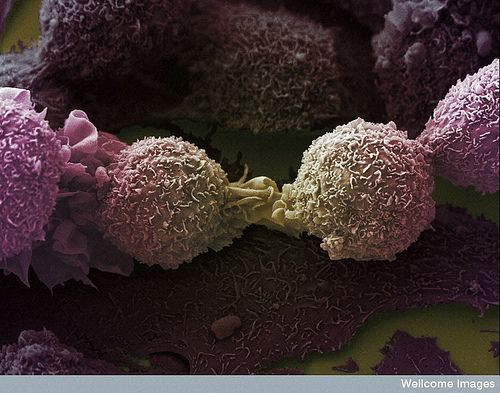New Target to Minimize Cancer Metastasis Found

Researchers from the Swiss Center for Experimental Cancer Research (ISREC) were able to isolate a protein that plays a major role in the development of metastasis.
The results of the study were published in the online edition of the journal Nature.
Metastasis is the movement or spreading of cancer cells from one organ or tissue to another. Cancer cells usually spread through the bloodstream or the Lymph system, according to National Institutes of Health.
Researchers found that they can limit the role of metastasis instead of focusing on the original cancer. Only "cancer stem cells" can cause metastasis. The ISREC team found that there is a specific condition needed for cancer to metastasize.
"In particular, we were able to isolate a protein, periostin, in the niches where metastases develop," said Joerg Huelsken, holder of the EPFL Debiopharm Chair in Signal Transduction in Oncogenesis.
Research pointed out that periostin, a protein in humans encoded by the POSTN gene, plays an important role in the environment that a cancer stem cell needs in order to develop a metastasis.
In an animal study, mice that were bred to develop without the periostin protein were found to be resistant to metastasis formation.
"We developed an antibody that adheres to this protein, making it inoperative, and we are hoping in this way to be able to block the process of metastasis formation," said Huelsken.
"Without this protein, the cancer stem cell cannot initiate metastasis; instead, it disappears or remains dormant," he said.
Researchers pointed out that the new discovery is very encouraging, especially since malignant tumors tend to spread more quickly than was previously believed.
"This doesn't necessarily mean the same will hold true in humans," the researcher cautions.
Published by Medicaldaily.com



























